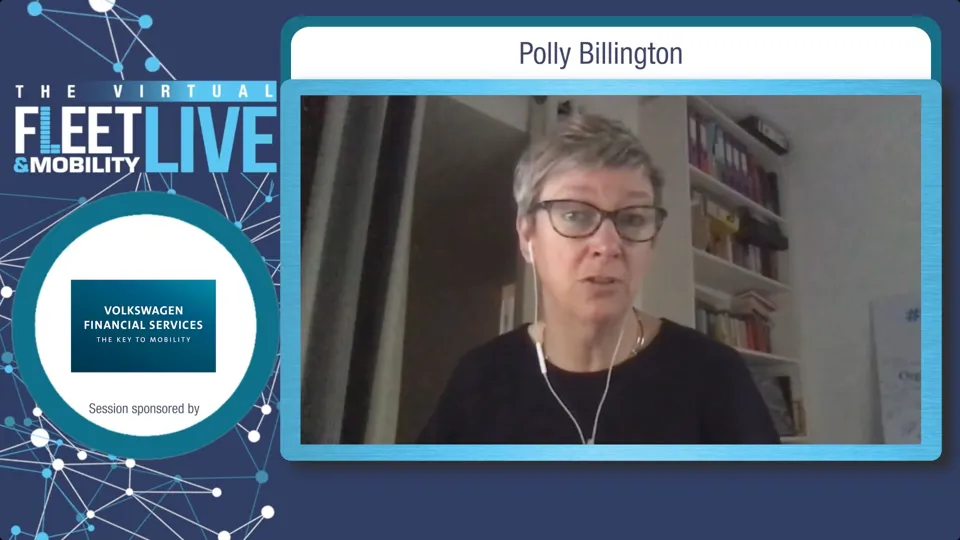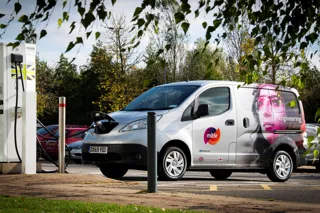The Government must commit to “seamless access” to electric vehicle (EV) infrastructure across the UK to accelerate the uptake by businesses, according to Polly Billington, director at UK100.
“If we want to give people confidence that buying or leasing or hiring an electric car is the right thing to do then the infrastructure needs to be there,” Billington said at the recent Virtual Fleet & Mobility Live.
Billington, who represents a network of local government leaders who have pledged to shift to clean energy by 2050, said that it is often “presumed” that local authorities should be the ones to deliver EV infrastructure, and while some are “very keen to do that” it requires a partnership approach with the private sector and the distribution network operator (DNO).
“The key players in all of this are the distribution network operators,” she said. “Transport people are suddenly having to get used to what actually happens on the electricity grid, as we start thinking less about petrol stations and more about where electricity comes from.
“And there are some really interesting challenges around how you transform the grid to be able to be used for EVs.
“There are still some dinosaurs that will say if we all shift to electric vehicles tomorrow then the whole grid will fall over.
“In fact, now Chris Stark from the CCC (Climate Change Committee) has pointed out that EV charging will make it easier to manage the demand on the grid.
“And so fleet operators need to see themselves as helpful and constructive players when dealing with distribution network operators, establishing how they can manage demand across the grid.”
Data will help determine the best places to install EV charging points rather the current situation where some charging points are sitting “completely unused” and others have “people fighting over them”.
“There shouldn't be any assumption about what kinds of charging points are installed,” Billington said.
“It's much more about understanding how people will want to use their cars, where they want to store them, where they want to charge them up – rapid charging in some places, overnight in others.
“That's the kind of thing that actually local authorities will be able to help with once they're partnering with distribution network operators and the private sector to understand the data that is available.”
- All of the 24 seminar sessions and six manufacturer interviews from Virtual Fleet & Mobility Live are now available to watch on-demand. If you've already registered, all you need to do is log in to get access to the content. If you haven't registered for the event, sign-up here first and you will receive log-in details for the event platform.






















Login to comment
Comments
No comments have been made yet.